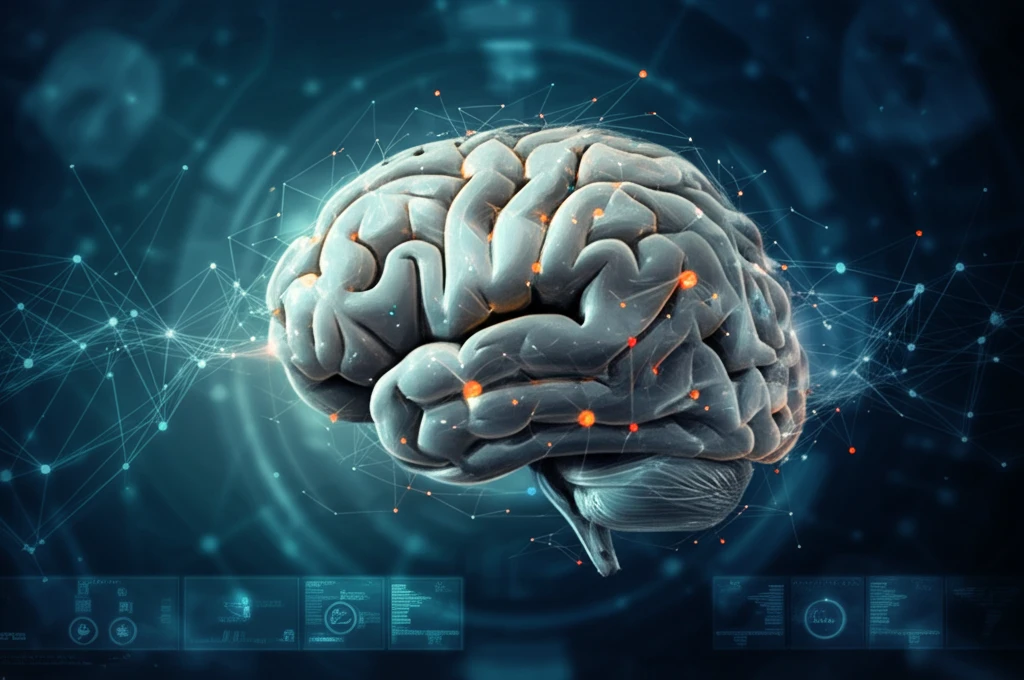
Parkinson's and the Social Mind: Can Brain Stimulation Help Without Hurting?
"A new study investigates if deep brain stimulation (DBS) for Parkinson's can affect social cognitive abilities, offering hope for maintaining social connections."
Parkinson's disease (PD) is known for its motor symptoms like tremors and stiffness, but it also brings cognitive and psychiatric challenges. Individuals with PD may find it hard to recognize emotions, understand what others are thinking (Theory of Mind), affecting daily social interactions. These challenges stem from how Parkinson's impacts the brain's dopamine levels and the connections between different brain regions.
Deep brain stimulation (DBS) has emerged as a treatment for motor symptoms when medication isn't enough. DBS involves implanting electrodes in the brain, specifically in an area called the subthalamic nucleus (STN). While DBS can improve movement, scientists have been wondering about its effects on cognitive functions, especially social skills. Some studies have reported cognitive difficulties after DBS, but the research has been inconsistent and sometimes contradictory.
A recent study published in Scientific Reports sheds light on how DBS of the STN impacts social cognitive abilities in Parkinson's patients. Researchers aimed to expand the scope of previous investigations by simultaneously examining emotion recognition, affective ToM (understanding emotions), and cognitive ToM (understanding beliefs and intentions). By exploring these various aspects of social intelligence, the study provides a more holistic view of the impact of DBS on the social mind.
Does Deep Brain Stimulation Impact Social Skills?

The researchers conducted a cross-sectional study comparing three groups: 20 patients with PD on medication, 18 patients with PD treated with STN-DBS, and 20 healthy controls. All participants underwent tests to assess their social cognitive abilities:
- Ekman 60-Faces test: Measures the ability to recognize basic emotions from facial expressions.
- Reading the Mind in the Eyes test: Assesses affective ToM, the ability to understand others' emotions from their eyes.
- Protocol for the Attribution of Communicative Intentions: Evaluates cognitive ToM, the ability to understand intentions in communicative situations.
Reassuring Results: Social Skills Preserved After DBS
The study found no significant differences between the PD groups (those treated with STN-DBS and those on medication alone) on any of the social cognitive tests. This suggests that STN-DBS does not have a detrimental effect on social cognitive abilities in Parkinson's patients. The results indicate that this surgical procedure is safe from the standpoint of social cognition. Importantly, the study highlights the potential for STN-DBS to alleviate motor symptoms without negatively impacting a person’s ability to connect with others.
